If you’ve been feeling a bit low or sluggish lately, you are not alone. And if, like me, you find yourself doom scrolling through social media looking for the tiniest mood booster, you’ve come to the right place. Because today, we’re talking about ways you can naturally get that hit of dopamine you’re so desperately searching for. And none of these sources require you to be online for an extended period of time.
Vitamin D

The most natural, and easiest, form of vitamin D is sunlight. Which sounds pretty darn cliche when you’re looking for a pick-me-up. But it’s true. Remember, we’re basically just house plants with more complicated emotions. Water and sunlight, rinse and repeat. Just don’t forget the SPF.
Vagus Nerve Stimulation
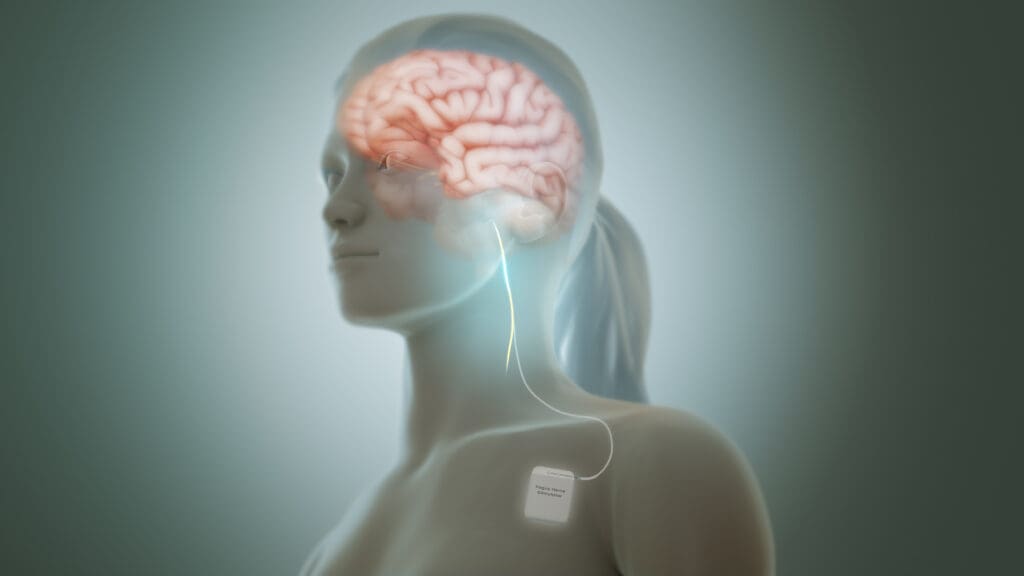
The vagus nerve is the longest cranial nerve in our bodies, and part of our parasympathetic nervous system. Repressed vagus nerve function can inhibit dopamine in the brain. But stimulating it can reverse that. You can stimulate your vagus nerve through cold exposure, acupuncture, deep breathing, meditation, and several other activities on this list. So keep reading.
Laser Therapy

This is a newer therapy that might seem a little “out there” to some, but research shows that lower-level laser therapy can increase dopamine production in the brain. There are several therapeutic products on the market to look into, like masks and other devices. You might look a tad bit silly, but hey, it’d be worth it.
Rhodiola

Rhodiola is a popular herb in Traditional Chinese Medicine that’s known to stimulate dopamine production in the brain. It’s often used to stimulate mental and physical performance. You can find it in supplement or tea form.
Caffeine
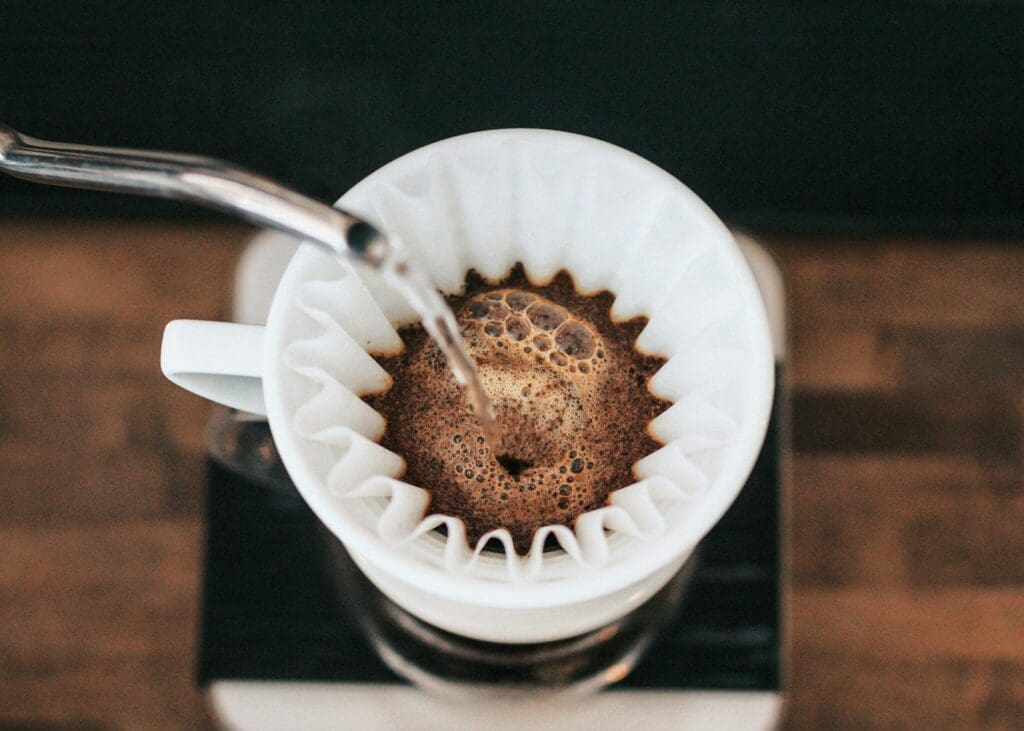
A multitude of studies have shown that caffeine can be beneficial for stimulating dopamine production. Which, for a lot of us, makes sense because without our morning Cup o’ Joe, we’re mighty cranky. Of course coffee isn’t the only source of caffeine. Green and black teas, dark chocolate, and caffeine supplements are all widely available.
Cold Exposure

It’s always interesting to hear people talk about inflicting temporary pain on themselves in order to feel happier, but here we are. There’s scientific evidence to back this one up. Research has shown that cold immersion can increase dopamine by up to 250% But if you’re not ready to take a plunge into an icy lake just yet, you can start off by finishing your shower with a couple of minutes of purely cold water.
Meditation

Meditation terrified me for years, because I could never get the squirrels in my brain to stop chirping long enough to achieve “perfect” stillness. But good news! That doesn’t exist! If you can completely empty your brain, good for you. If not, try guided meditations, and be gentle with yourself if your mind starts wandering. You’ve gotta start somewhere.
Ginseng
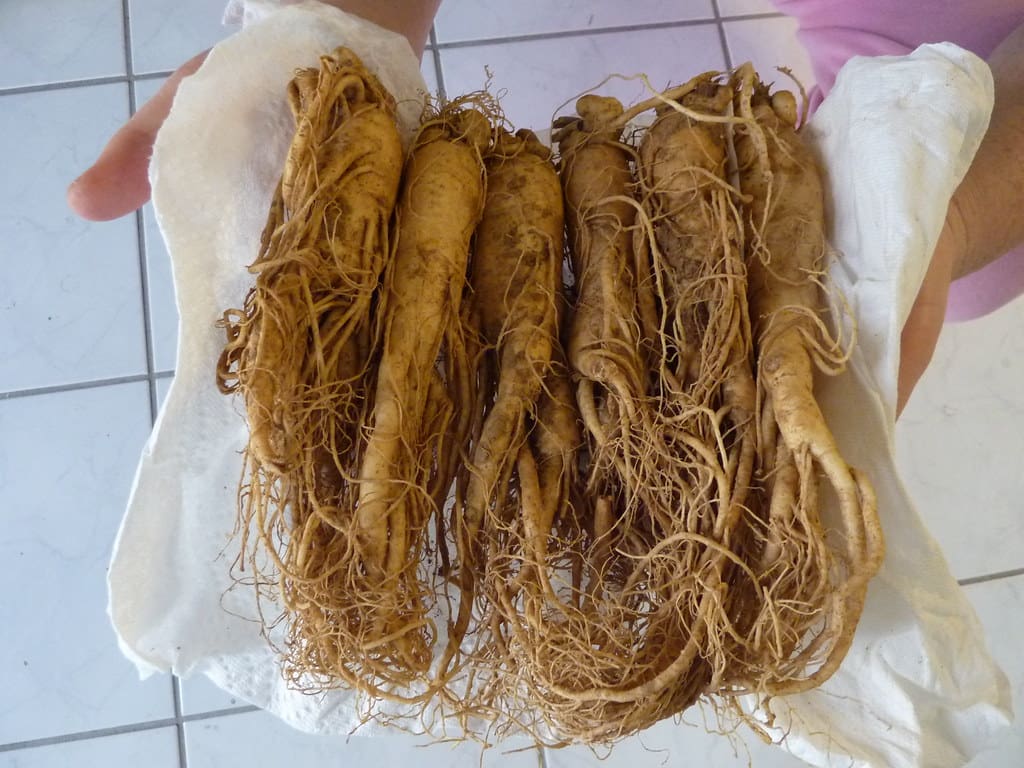
Ginseng is a very common and popular herb that’s been proven to increase dopamine levels. Some forms of the herb (like the Siberian variety) have also been shown to have anti-depressant effects. You can find ginseng in supplements and teas that encourage focus.
Probiotics
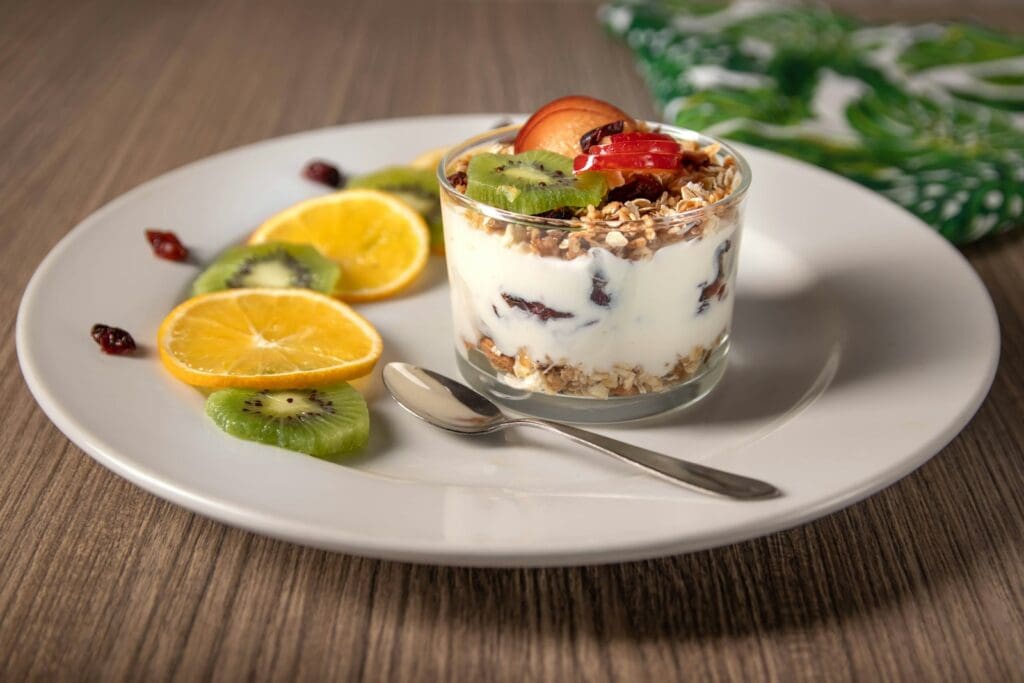
We hear about the importance of gut health all the time, but you really shouldn’t sleep on probiotics. They can increase dopamine and lower anxiety levels in some cases, beyond the benefits they can provide your digestion as a whole. Seek out active-culture yogurt, kefir, kombucha, or a probiotic supplement.
Acupuncture
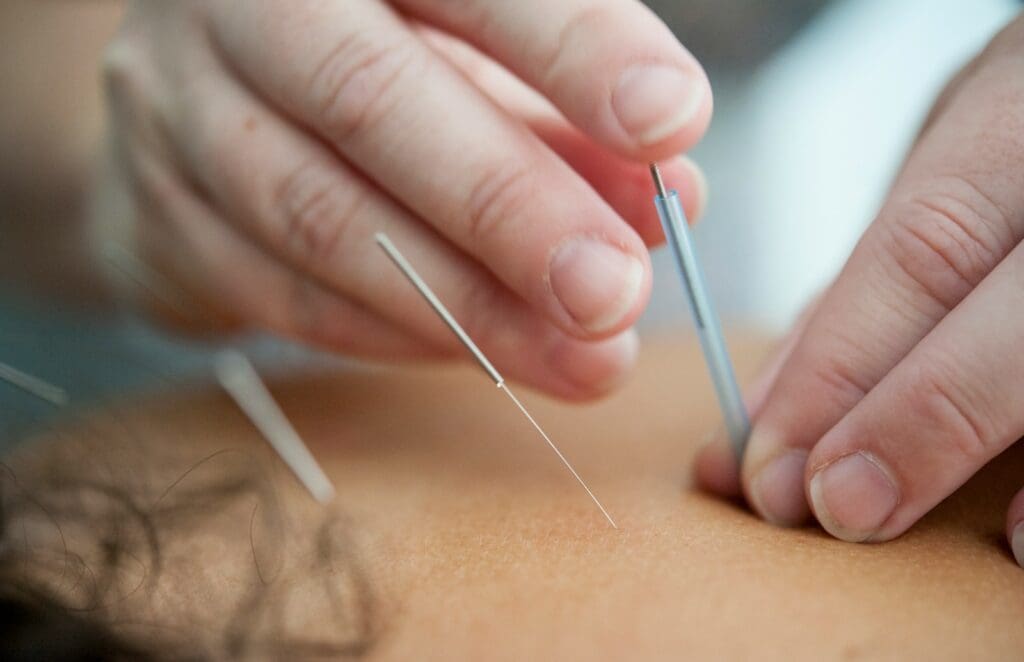
Research shows that acupuncture can increase dopamine production by stimulating the vagus nerve. This one might seem a bit off-putting to newbies, but it’s a very well-respected ancient therapy.
Ginkgo Biloba

Ginkgo biloba is one of the most popular natural supplements in the world, and is even prescribed as medicine in some Western countries. This herb has been shown to improve memory, increase blood-flow to the brain, and reduce the risk of Alzheimer’s disease. You can find it as a supplement or a tea.
Pregnenolone

Pregnenolone is a hormone that is naturally found in the body, but it can also be found in supplement form. The hormone is known to increase dopamine production, enhance the memory, and decrease stress levels.
Stable Blood Sugar
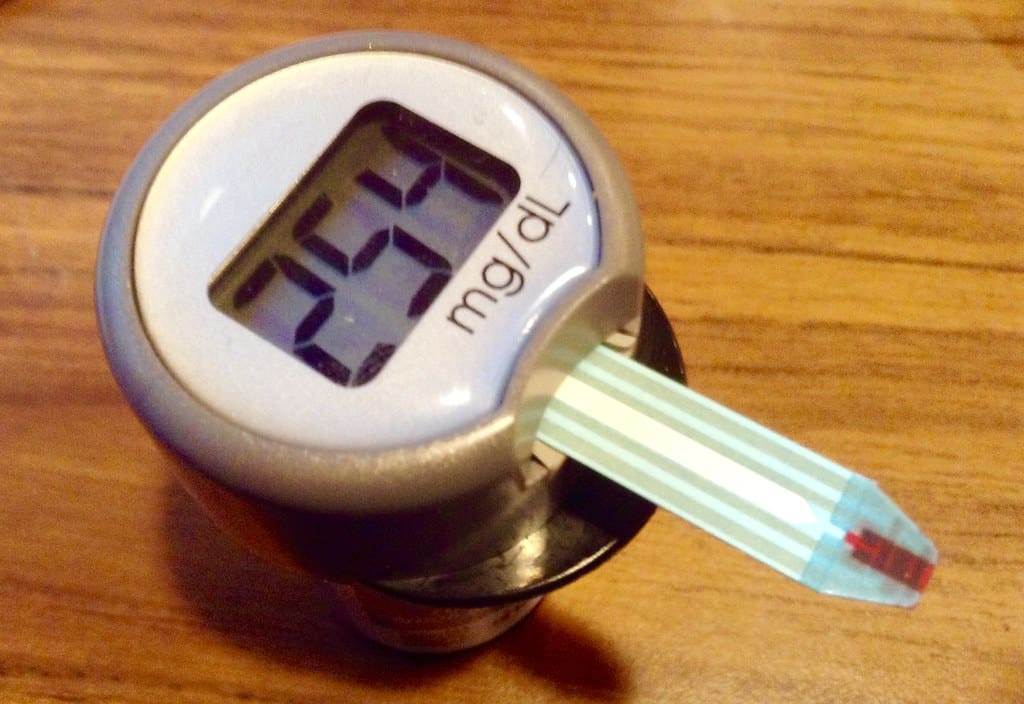
When the body develops insulin resistance, that means serious trouble for your dopamine production. It can lead to both anxiety and depression. Keeping your blood sugar levels stable is your first line of defense, but if you’re insulin resistant, you might need to speak to your doctor about a more permanent solution.
Standing

Research shows that prolonged, uninterrupted sitting can lead to lowered dopamine levels. So what does that mean? STAND UP MORE. It’s the simplest thing in the world, but one we just don’t seem to remember when we’re in tunnel-vision zone at work.
Iron
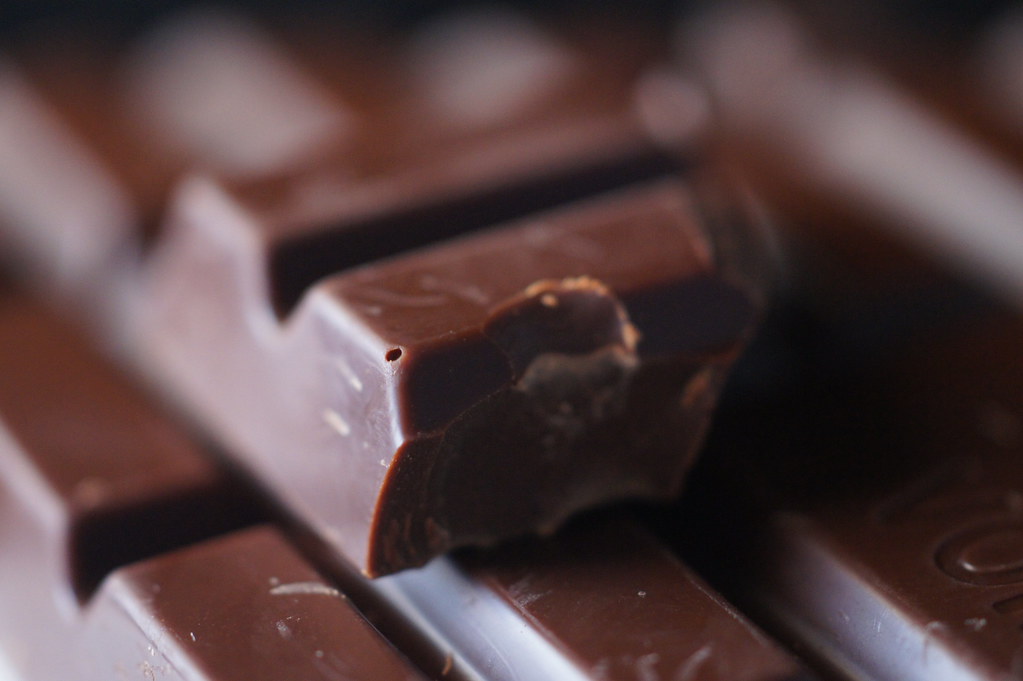
Iron deficiency also leads to lower dopamine levels. You can take an iron supplement for this, but luckily it’s found in an abundance of natural food sources such as beef and beef liver. If you’re more plant-centric than that, no fear: you can also get iron from spirulina, dark chocolate, pistachios, leafy greens, and raisins.
Salt
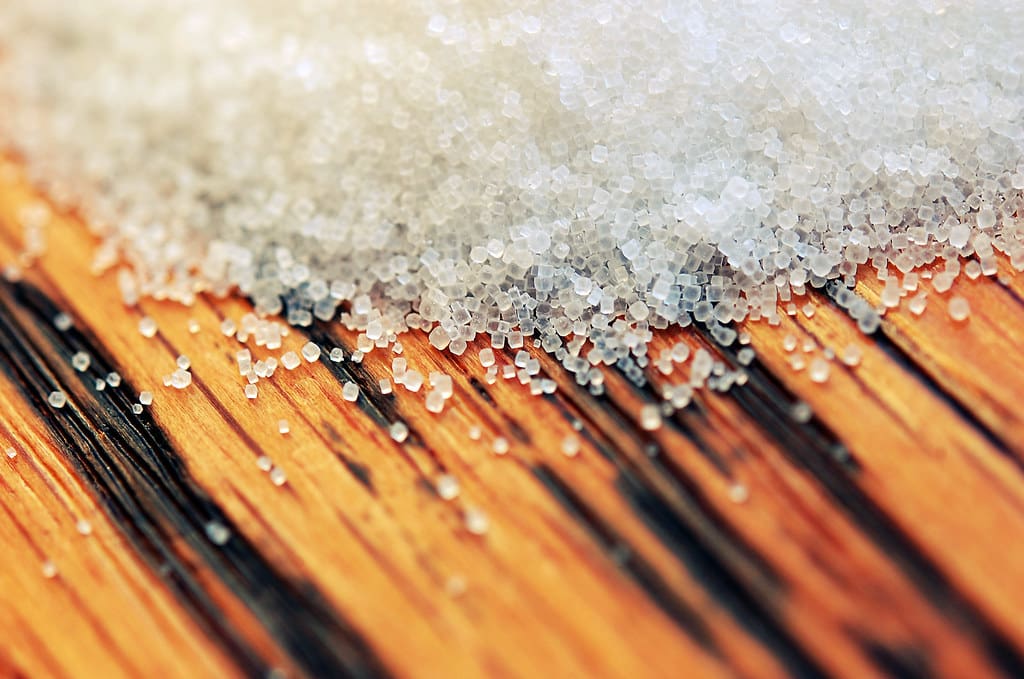
Research has also shown that an increase in salt in our diets can stimulate production of dopamine. Of course, sodium can work against us in other ways, so it’s important to discuss with your doctor before you up your salt intake.
Exercise

If standing is good for dopamine, than actual movement has to be better. Studies have shown that exercise increases the neurotransmission of dopamine, and also slows the breakdown of dopamine. It also stimulates the vagus nerve, and increases the flow of blood to our brains. Move your body, friends.
Omega-3 Fatty Acids
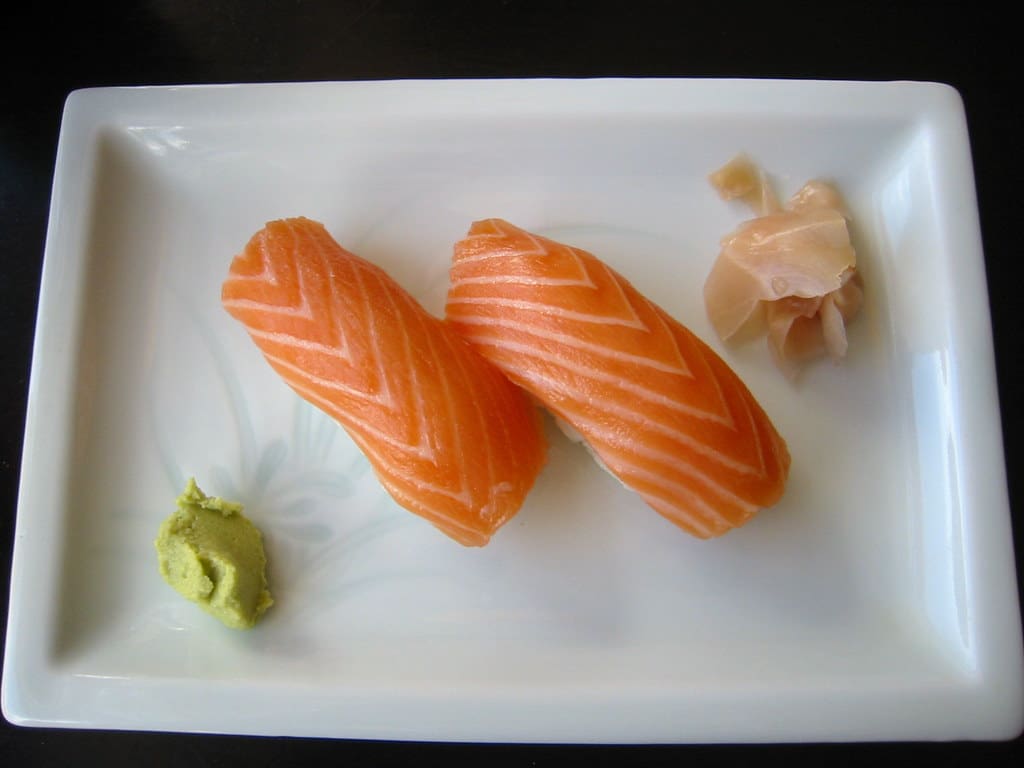
It’s no secret that Omega-3’s are good for the brain. This also means it increases dopamine levels. You can find a good fish oil supplement, or get them through your diet by eating salmon, black cod, sablefish, sardines, or herring.
Touch and Massage

Researchers have found that touch plays a very important part in our dopamine levels. This can be through intimacy, such as hugging, kissing, and actual intercourse. But it’s also a really good reason to book yourself regular massages.
Tea
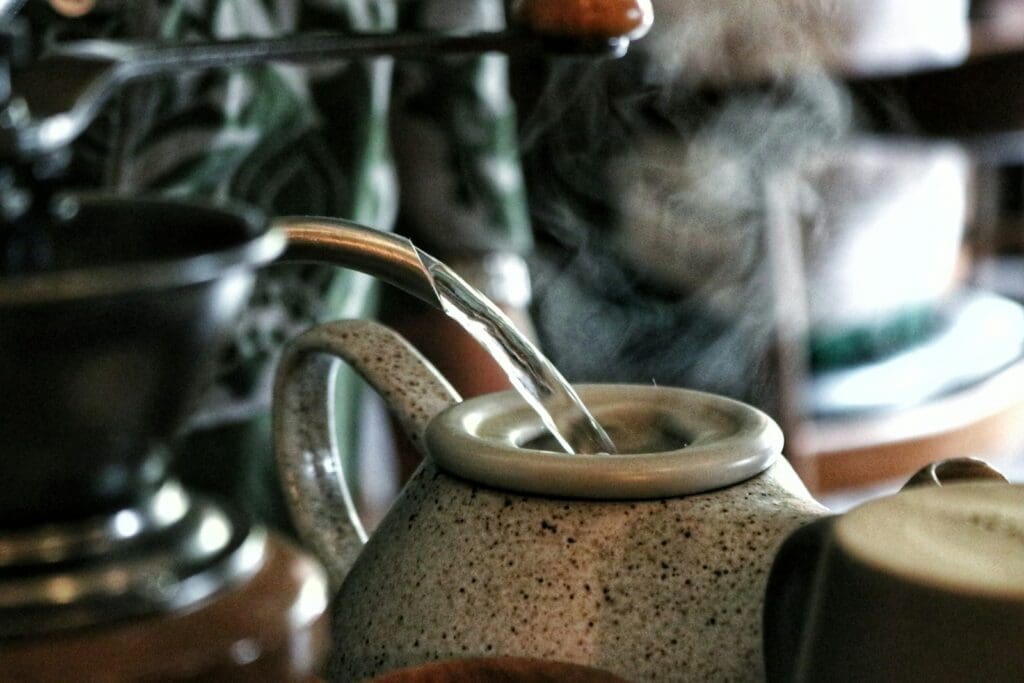
Both black and green teas contain caffeine, which we’ve already discussed. But they also contain theanine, an amino acid shown to increase dopamine levels. If tea’s not your thing, look for theanine in supplement form.
Intermittent Fasting

When we fast, it gives our digestive systems a chance to rest and recharge. It also triggers the release of hormones and neurotransmitters, including dopamine. If the idea of fasting seems too intense, start off slow by having an earlier dinner and then not eating again until breakfast.
Taurine

Taurine is an organic compound that can cross the blood-brain barrier and increase dopamine levels. You can find it in supplement form, or find it in protein-rich food sources, like meat, seafood, dairy, and seaweed.
Magnesium
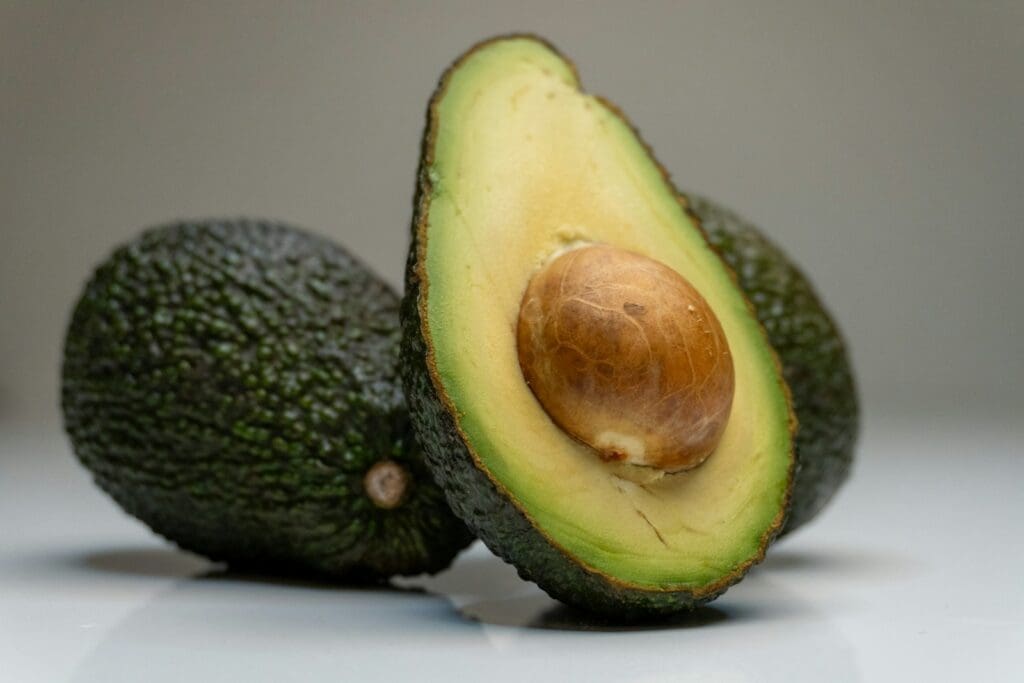
Magnesium is an essential mineral that a lot of people are deficient in. It does so much for the body, and it can have antidepressant effects on the brain thanks to increasing dopamine levels. Find a quality supplement, or seek it out in spinach, chard, pumpkin seeds, almonds, avocados, dark chocolate, and bananas.
Folate
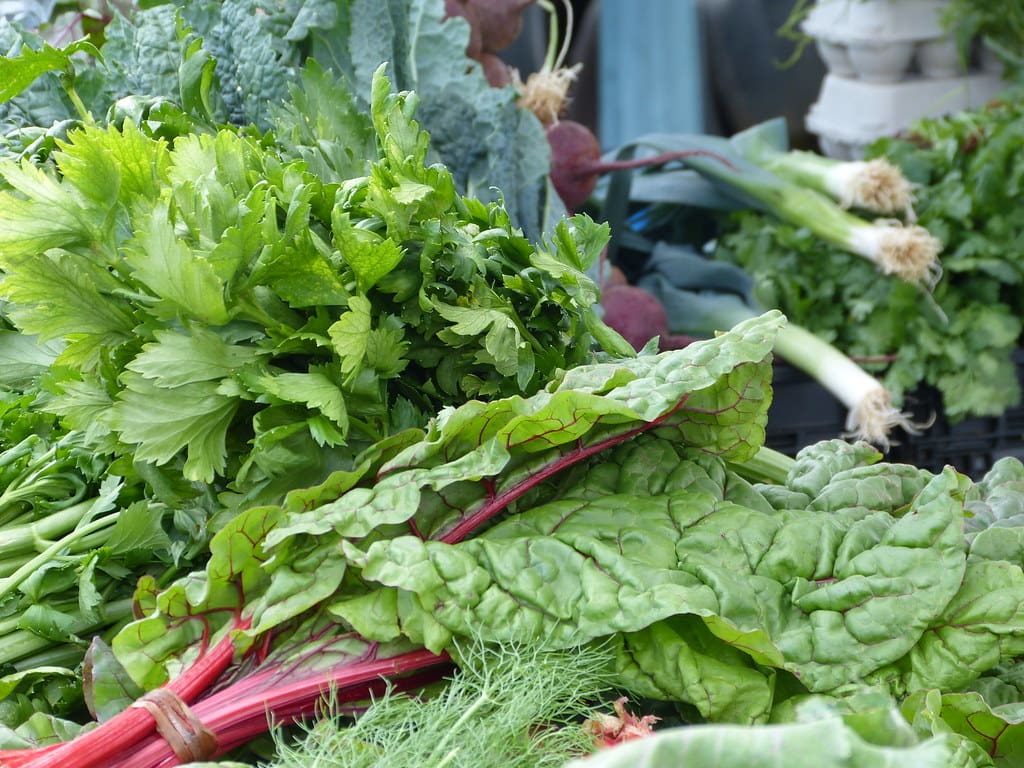
Folate, also known as vitamin B9, is an essential B vitamin that keeps your body and brain in optimal health. If you’re deficient in folate, you’re likely to have diminished dopamine levels. You can find folate in supplement form, or in leafy greens, asparagus, broccoli, cauliflower, strawberries, avocado, poultry, and beef liver.
St. John’s Wort

Most people know St. John’s Wort as nature’s antidepressant, and for good reason. Studies show that it can increase dopamine production by up to 40%. Youc an find St. John’s Wort in supplement form or as a tea.
Read More: Groundbreaking Bionic Hand Fuses with Skeletal and Nerve Systems
Curcumin
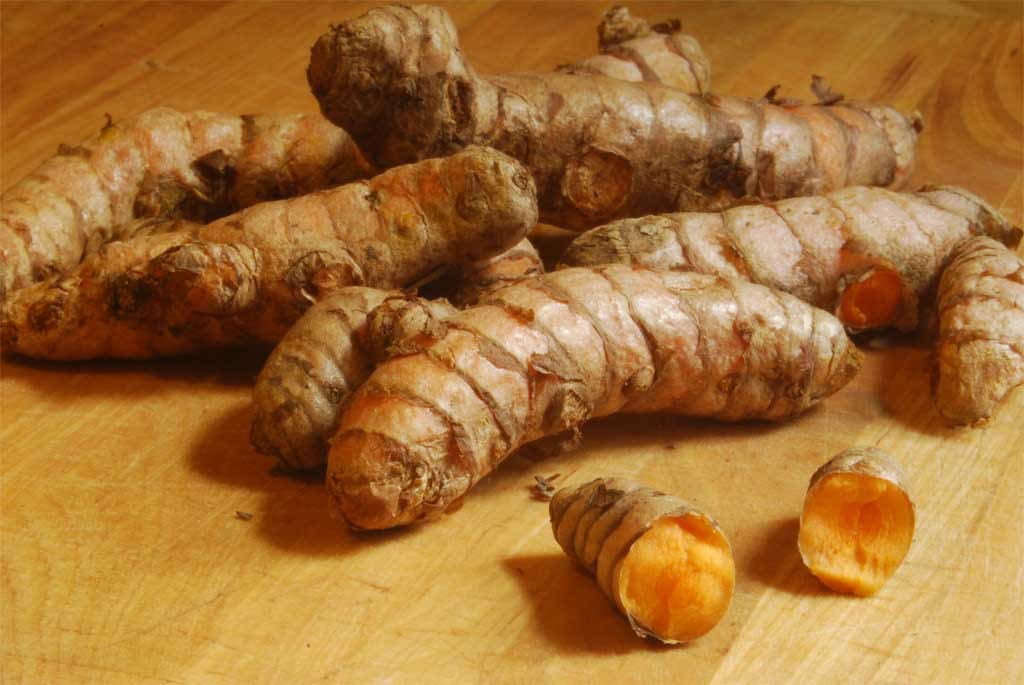
Curcumin is a compound found in one of nature’s best anti-inflammatories — turmeric. It’s been used in treatments for depression and Parkinson’s disease, and stimulates dopamine levels in the brain. You can find it in supplement form.
Read More: Top 10 Foods to Boost Your Energy Levels
Reducing Inflammation

Speaking of anti-inflammatories — keeping inflammation in the body to a minimum is one of the best ways to help your brain produce enough dopamine. The best ways to reduce inflammation are through stress reduction, exercising, and improving gut health with an anti-inflammatory diet.
Read More: 10 Ways to Keep Your Brain Young and Healthy
Music

Did you know that music can stimulate dopamine production, increase oxytocin levels, and reduce cortisol (the stress hormone)? In fact, studies have shown that even anticipating listening to music can have these effects. Throw on some tunes and move your body!
Read More: 20 Ways to Increase Your Energy
Sleep

This should come as no surprise, but insomnia and other sleep problems can wreak havoc on our health in general, but especially our brain health. Try to get at least 7 hours of quality sleep each night. Having trouble falling, or staying, asleep? Some items on this list can surely help, but make sure you also speak to a health professional to see if a sleep study is in order.
Read More: Scientists Find That “Dopamine Hits” Are More Than Just Pleasure








